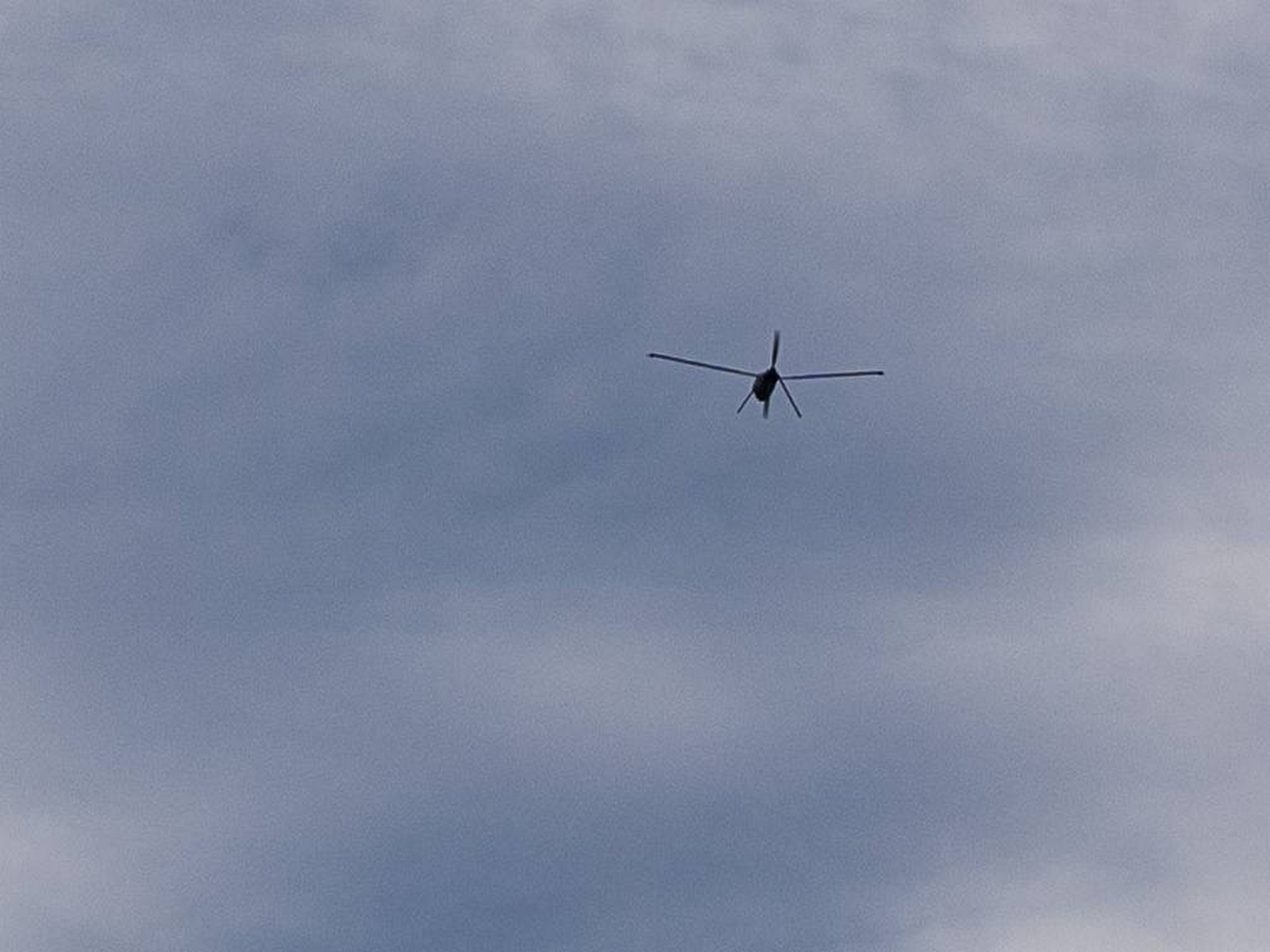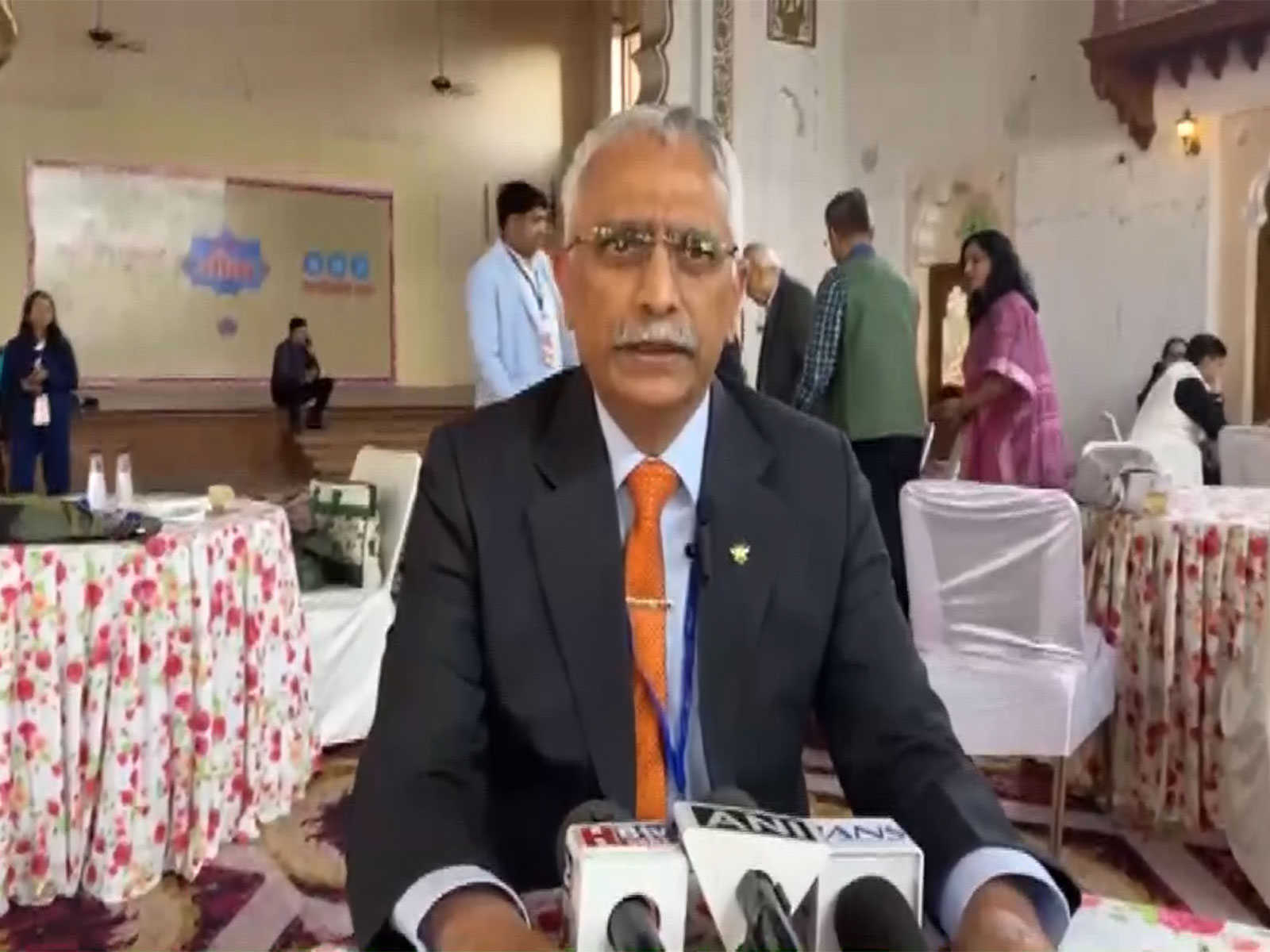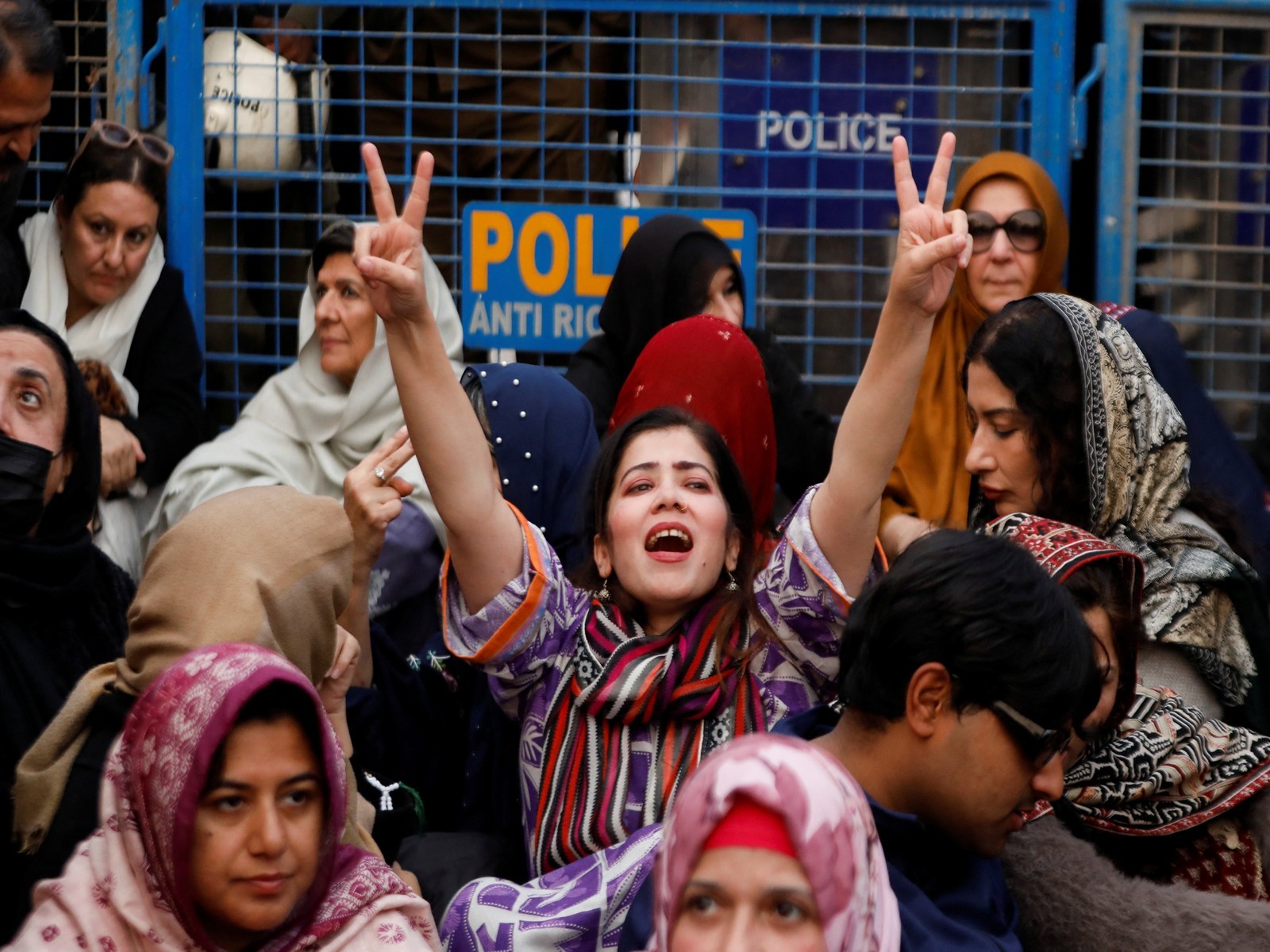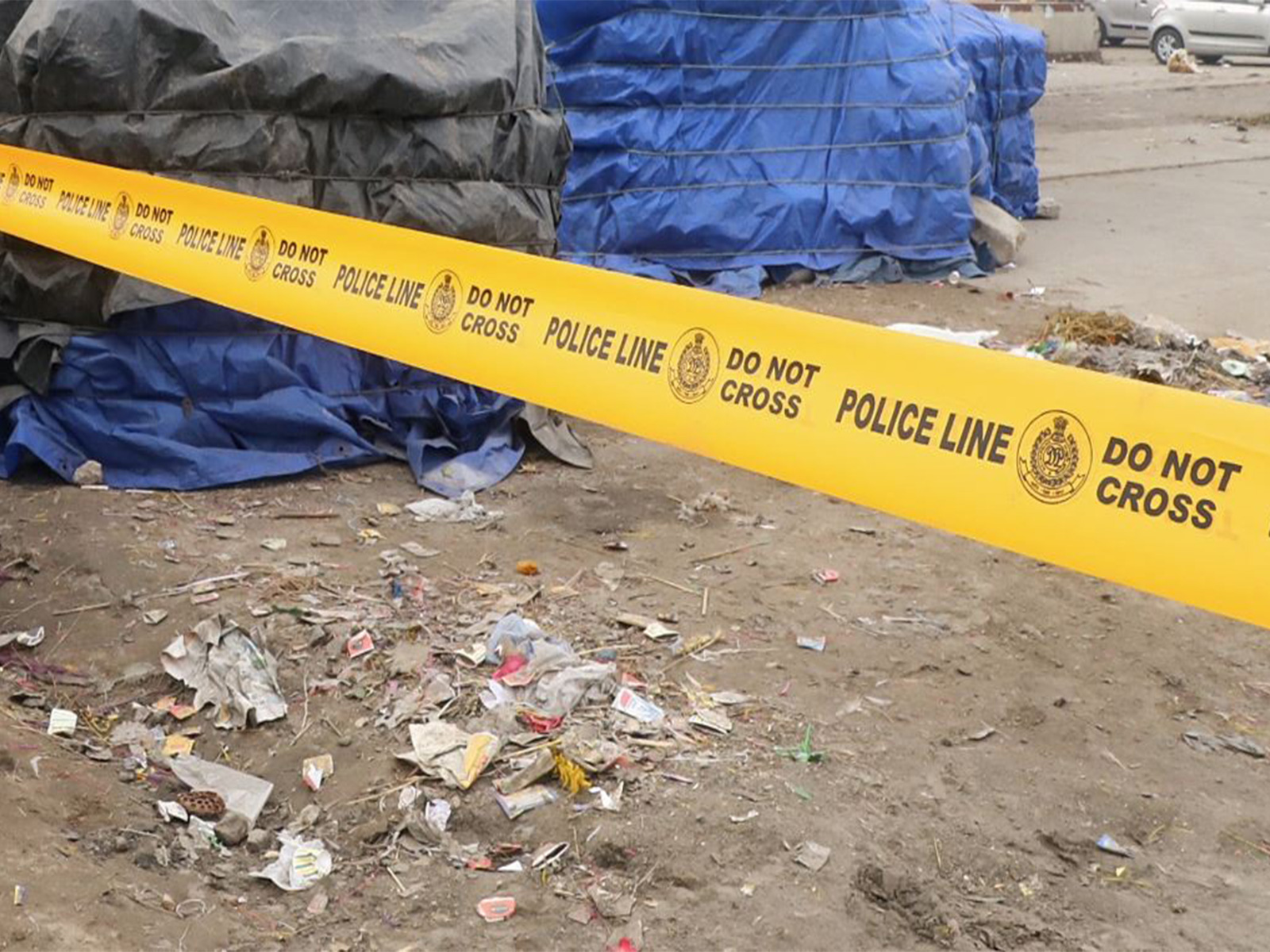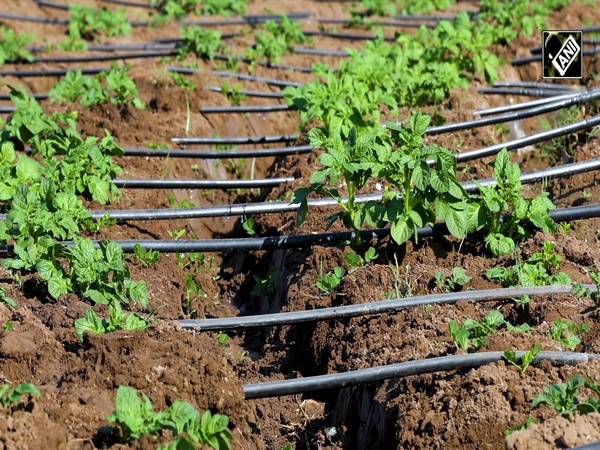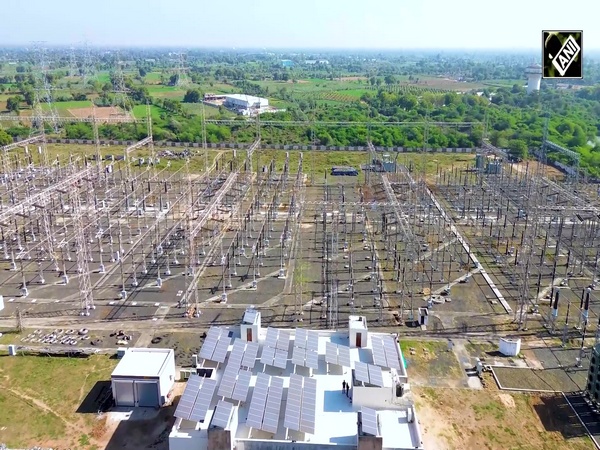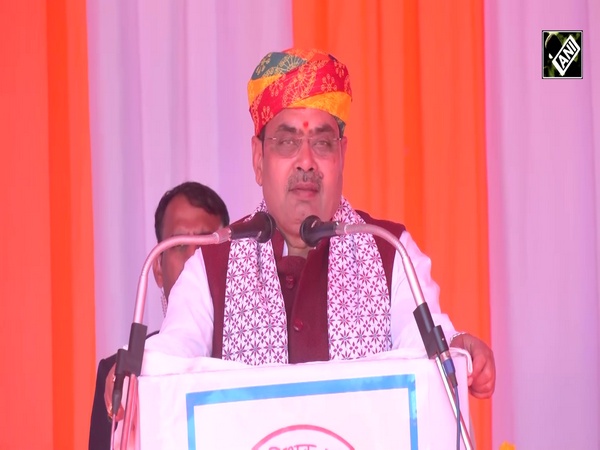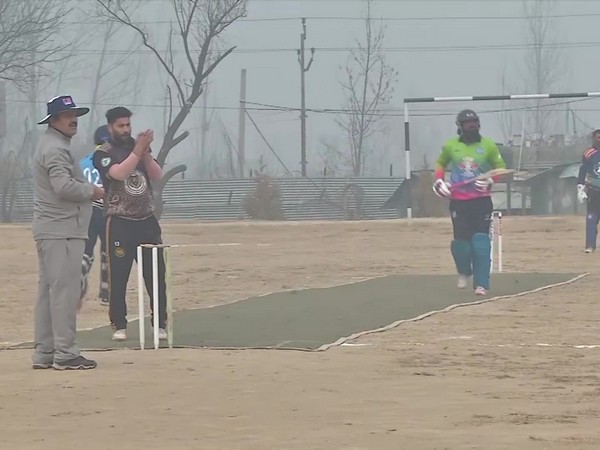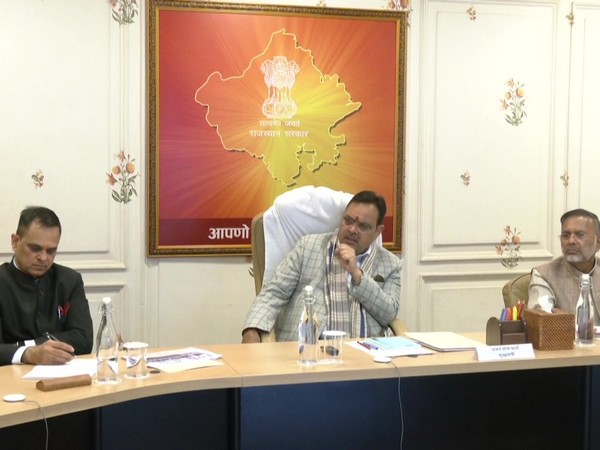Over 359 million COVID-19 vaccine doses administered worldwide
Mar 16, 2021

Geneva [Switzerland], March 16 : At least 132 countries and territories have administered more than 359 million doses of Covid-19 vaccines so far.
As per the data provided by Our World In Data citied by The New York Times, 359,460,397 doses have been administered and as many as 4.7 persons have been vaccinated per 100 people.
In the US, as many as 135,847,835 doses have been delivered and 109,081,860 doses have been administered. 71,054,445 people have received at least one dose of the vaccine while 38,335,432 persons have been completely vaccinated, as per US Centres for Disease Control.
In the UK, 24,453,221 people have received the first dose of the vaccine while 1,610,280 people have received their second dose of the vaccine as well, as per the figures provided by the government.
In India, according to the Ministry of Health and Family Welfare, as many as 3,29,47,432 doses have been administered in the country of which 2,70,79,484 people have received the first dose while 58,67,948 people have received the second dose.
According to Our World In Data, 9,374,827 people have been vaccinated in Israel at a rate of 106 persons per 100 people.
However, vaccine rollout in Europe has slowed down as Denmark, Iceland and Norway have suspended the use of the Oxford-AstraZeneca Covid-19 vaccine while the European Union's medicines regulator investigates whether the shot could be linked to a number of reports of blood clots, as reported by CNN.
Portugal has announced that it is suspending the inoculation of AstraZeneca's Covid-19 vaccine as a "precaution," joining other European countries - including France, Germany, Italy and Spain - in halting its use following reports of blood clots post-inoculation.
As of now, Denmark, Norway, Iceland, Bulgaria, Ireland, Netherlands, Germany, Italy, France, Spain, Portugal, Sweden and Luxembourg are the European countries that have suspended the AstraZeneca vaccine as a precautionary measure.
The European Medicines Agency (EMA) also said Monday that the benefits of the AstraZeneca vaccine outweigh the risks, adding that the number of people developing blood clots after vaccination does not seem to be higher than in the general population.
The agency said it would hold an emergency meeting on Thursday to advise on "any further actions that may need to be taken."
CNN further reported thatthe Australian government said it "remains confident" in the AstraZeneca Covid-19 vaccine, after a growing list of countries paused the rollout of its use.
Chief Medical Officer, Professor Paul Kelly, said in a statement Tuesday, "there is currently no evidence that it causes blood clots."
Novavax on Thursday said final data from a trial in the United Kingdom shows its COVID-19 vaccine is almost 90 per cent effective, but the vaccine was far less effective in a separate trial in South Africa, given the virus variant there that has raised concerns about weakening vaccines.
According to The Hill, the data from the UK trial was very strong and similar to interim data released in January. The final data showed the vaccine is 96 per cent effective against the original virus strain, and 86 per cent effective against the variant identified in the UK, for the overall effectiveness of 89.7 per cent.
In South Africa, where a concerning variant is highly prevalent, the effectiveness was far lower, at 48.6 per cent, though it was a little higher, at 55 per cent, among people who did not have HIV.
The World Health Organization (WHO) on Friday issued emergency use authorization for Johnson & Johnson's coronavirus vaccine, paving the way for the one-shot dose to be used as part of the United Nation's international vaccine distribution effort.
According to The Hill, The go-ahead signal from WHO, which comes a day after the European Union approved the shot, means that countries that receive shots through the UN's COVAX effort, which promotes equitable distribution of vaccines, could cite the new endorsement in the distribution of the shot.

